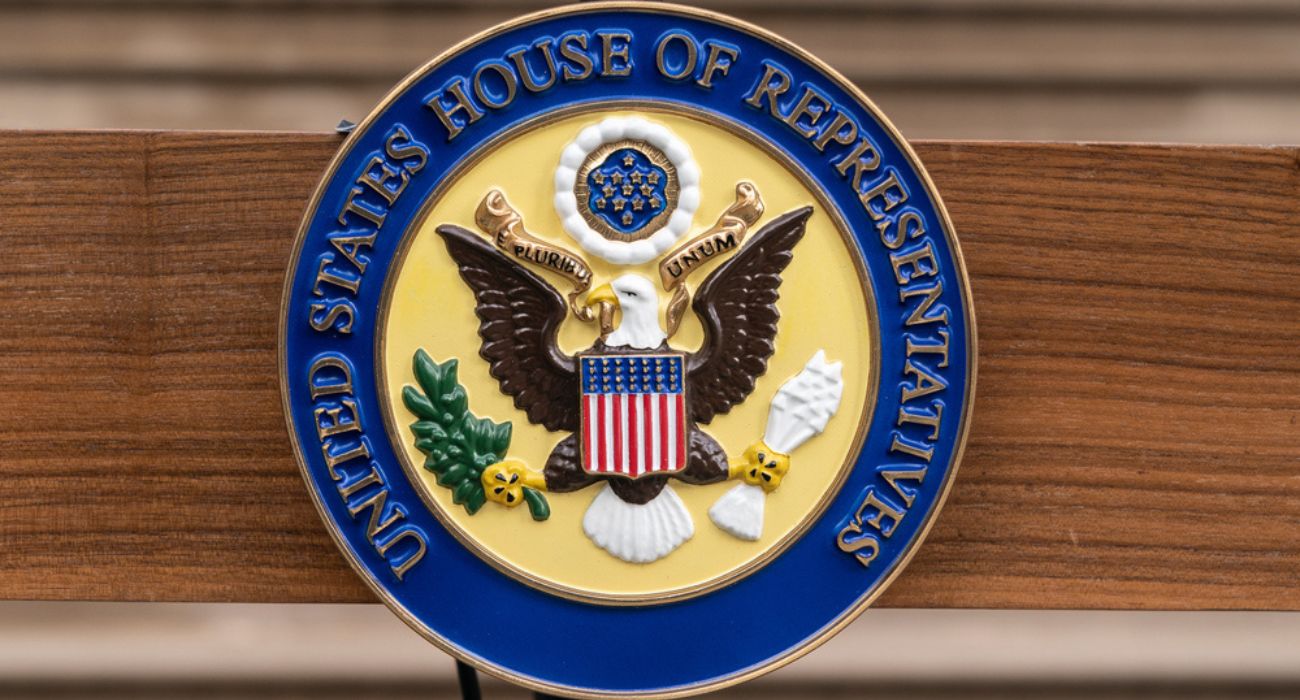The House of Representatives passed a bipartisan resolution Wednesday that condemned Hamas and emphasized U.S. support for Israel — the chamber’s first move since electing its new speaker.
The House voted 412-10 to adopt a resolution “Standing with Israel as it defends itself against the barbaric war launched by Hamas and other terrorists.” Nearly the entire chamber co-sponsored the resolution.
Hamas launched terrorist attacks on Israel this month that killed more than 1,400 and resulted in the kidnapping of roughly 200. This included reports of innocent families with babies being massacred and a mass shooting of teenagers and young adults at a music festival. In response, Israel declared war on Hamas and has begun to carry out military operations in Gaza.
Rep. Steny Hoyer (R-MD) delivered a speech on the floor in favor of the resolution, stating the chamber must condemn the extremism and violence of Hamas.
“This brutal terrorist organization will pursue its genocidal, anti-semitic mission to fight and kill Jews — that’s their purpose,” he said. “The Jewish State of Israel will cease to exist if their objectives are achieved. Hamas will not yield. And neither can we.”
Conversely, Democratic “squad” members have been vocal critics of Israel in recent weeks, calling for an end to U.S. aid to the Jewish State and a cease-fire in the region.
Rep. Rashida Tlaib (D-MI) said previously that “as long as our country provides billions in unconditional funding to support the apartheid government, this heartbreaking cycle of violence will continue.”
Similarly, Rep. Cory Bush (D-MO) said this month, “As part of achieving a just and lasting peace, we must do our part to stop this violence and trauma by ending U.S. government support for Israeli military occupation and apartheid.”
The passed resolution marks the first action from the House since members elected Johnson (R-LA) as speaker hours earlier, as reported by The Dallas Express. The chamber went more than three weeks without its top leader after Rep. Kevin McCarthy (R-CA) was voted out of the position, the first time this had been done in U.S. history.






